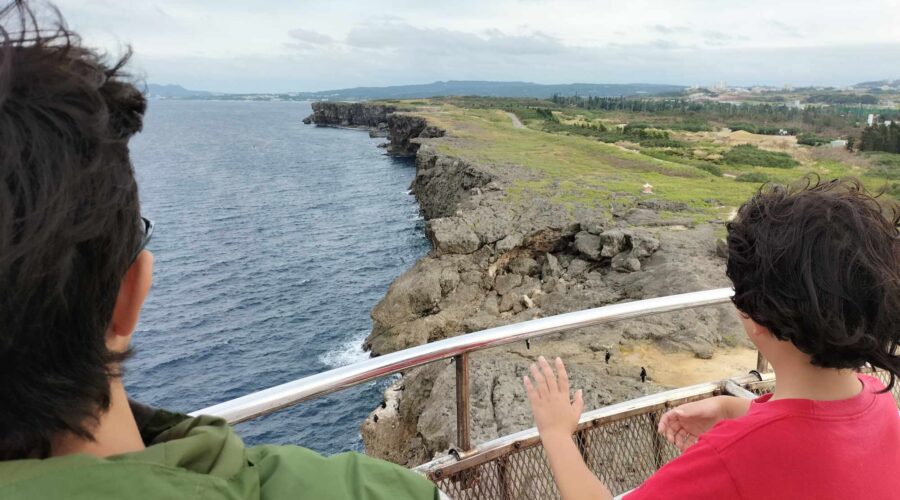I’ve been teaching English for about 17 or 18 years now and I’ve seen lots of listening mistakes that are common among the students. One of the common mistakes that my students make is assuming what they heard. This is a pernicious mistake because you’re not aware of making it at all. Furthermore, it stems […]
Protected: The Japan Iwaskows
There is no excerpt because this is a protected post.
Christmas holidays in Germany (part 2)
Sankt Nikolaus (the German Santa Claus) comes on the 6th of December That is right! The German version of the Santa Claus does not bring his presents on Christmas Eve or another of the Christmas holidays, but in the night from the 5th to the 6th of December. The German children clean their biggest boot […]

